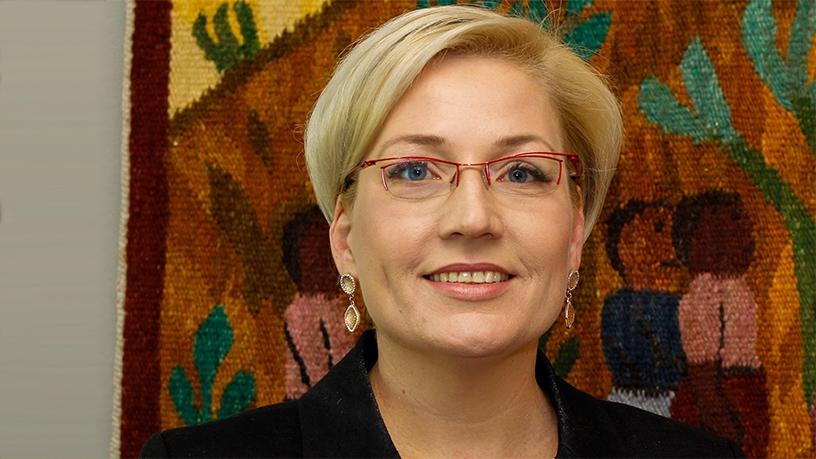
The MTN SA Foundation, in partnership with SME development firm Datacomb Development Hub (DDH), has opened applications for the 2018 edition of the SME ICT development programme.
Now in its sixth year, the 12-month initiative is part of MTN's Accelerated Business Development Programme, which has to date helped nurture and grow over 100 local SMEs.
The MTN SA Foundation says the project is looking for this year's 20 Gauteng-based SMEs that will benefit from different skills required to successfully run a business. These include ICT skills development, growth strategy development and business development services to empower participants with the critical edge they need over their competitors.
The collaboration will see DDH provide tools to the selected SMEs to help them develop custom-designed solutions to accelerate all areas of their business.
Jacqui O'Sullivan, corporate affairs executive at MTN SA, explains: "As we now enter the fourth industrial revolution, technology continues to play an ever-growing and crucial role. The likes of the Internet of things will transform business as we know it. Our tailored enterprise development platform sets the pace for SMEs to use technology to ensure they remain connected and accessible."
The programme consists of workshops led by various technological industry leaders, who will impart their wealth of knowledge and insights on different industry needs and uses of technology, and other business growth areas, adds O'Sullivan.
"There are also classes for other courses such as marketing and legal advice. Practical classes are provided by our consultants through one-on-one sessions with the SMEs. Participants walk away with not only having developed better business skills via the programme but also having developed new relationships that have the potential to become partners, suppliers, new business leads, etc."
Although there is no direct funding provided, SMEs are exposed to various funders and funding models so as to best align them with the one required for their business.
'Shared reponsibility'
According to the Banking Association of SA, SMEs have been identified as productive drivers of inclusive economic growth and development in SA and around the world. Some researchers have estimated that in SA, SMEs make up 91% of formalised businesses, providing employment to about 60% of the labour force, and total economic output accounts for roughly 34% of the gross domestic product.
In his recent State of the Nation Address, president Cyril Ramaphosa was emphatic as to the role of SMEs in our economy.
"Ultimately, the growth of our economy will be sustained by small businesses, as is the case in many countries. It is our shared responsibility to grow this vital sector of the economy," he said.
According to research conducted by the Bureau for Economic Research in partnership with SEDA, out of the 5.6 million SMEs in SA, 3.3 million were survivalist businesses, 1.7 million micro enterprises and 554 000 were small enterprises.
The research found the factors which contribute to the downfall of small businesses in SA include the inability of SMEs to access markets, shortage of skills and access to funding.
Research released by accounting software firm Xero last month reveals that over half (52%) of small businesses in SA admit they are at the primary level of technology adoption, while a further 45% acknowledge they could be doing more to transform digitally.
"Small businesses in SA are proactive about keeping up to date with technology, but the predominance of out-dated legacy processes and systems suggests they have some way to go yet. The findings demonstrate that poor Internet connectivity, among other challenges, holds them back. Almost half (41%) of entrepreneurs cited maintaining a stable connection in their workplace as a key challenge," according to the study.
Morteza Safai, channel head of SAP Africa, says most local SMEs are grappling with challenges associated with fully transforming digitally.
"The main challenges facing SMEs in fully embracing digital adoption are the complexities accompanied by running disparate multi-systems such as customer relationship management, human resource management systems, bookkeeping systems and social networking platforms concurrently. While smaller organisations may not have the same financial ability to run these systems as big organisations do, the lack of skills remains a major hindrance," he explains.
To submit an application to join the MTN and DDH programme, click here.
Share